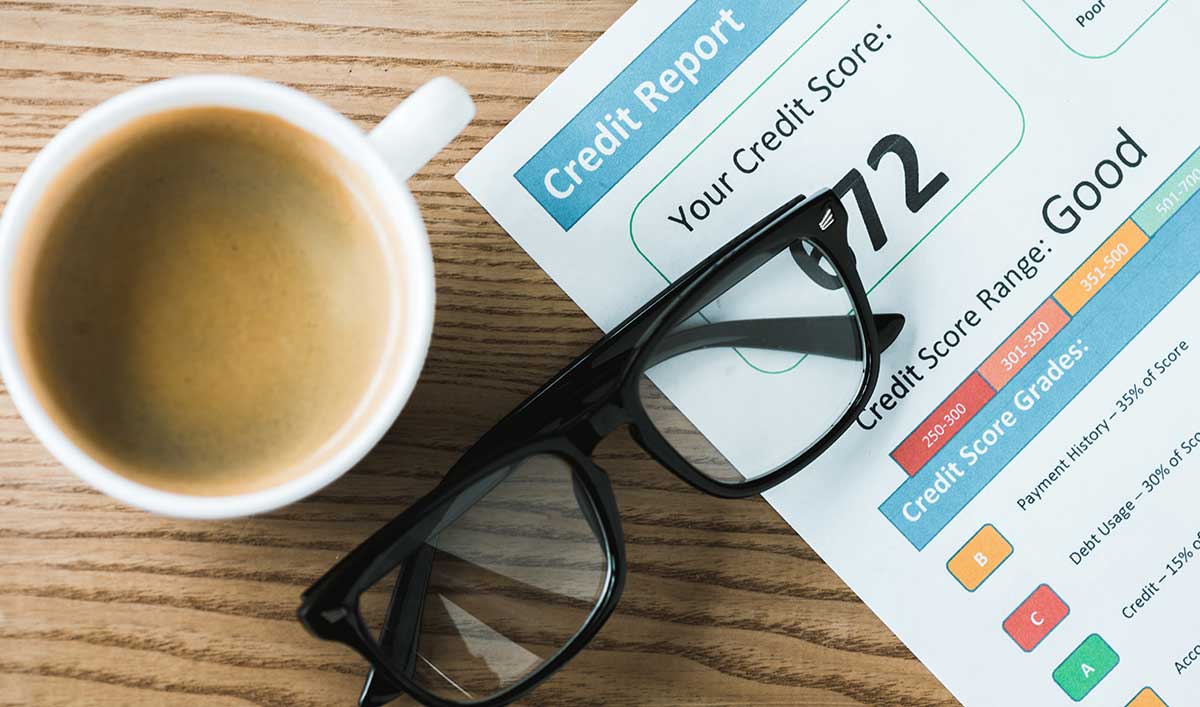The Truth Behind Common Misconceptions
Your credit score plays a crucial role in your financial life, affecting everything from loan approvals to interest rates and even job applications. However, there are plenty of myths and misconceptions surrounding credit scores that can lead people to make poor financial decisions.
Let’s debunk some of the most common credit score myths and set the record straight.
Myth #1: Checking Your Credit Score Hurts Your Credit
The Truth: Checking your own credit score does not lower it.
There are two types of credit inquiries: hard inquiries and soft inquiries. When you check your own credit report, it’s considered a soft inquiry, which does not impact your score. Hard inquiries, on the other hand, occur when lenders check your credit during applications for loans, credit cards, or mortgages. While multiple hard inquiries in a short period may slightly lower your score, checking your own credit is completely safe and encouraged.
Best Practice: Regularly monitor your credit through free reports from AnnualCreditReport.com to catch errors or fraud early.
Myth #2: You Need to Carry a Credit Card Balance to Build Credit
The Truth: Carrying a balance does not improve your credit score and may cost you money in interest.
Many people believe that leaving a small balance on their credit card will boost their credit score. In reality, this is unnecessary. Your credit score benefits from responsible credit use, which includes paying off your balance in full each month. Interest charges on unpaid balances only add to your debt and can make it harder to manage your finances.
Best Practice: Pay off your credit card balance in full each month to maintain a strong credit score and avoid unnecessary interest charges.
Myth #3: Closing Old Credit Accounts Will Improve Your Score
The Truth: Closing old accounts can actually hurt your credit score.
Your credit score is influenced by credit history length and credit utilization. When you close an old credit account, you reduce your available credit, which can increase your credit utilization ratio (the percentage of credit you’re using compared to your limit). Additionally, closing an older account may shorten your credit history, which can lower your score.
Best Practice: If you have an old account with no annual fee, keep it open to maintain a longer credit history and lower credit utilization.
Myth #4: Paying Off Debt Immediately Removes It from Your Credit Report
The Truth: Paid-off debt can remain on your credit report for years.
While paying off debt is a great financial move, it doesn’t mean it disappears from your credit report instantly. Positive credit history, such as a fully repaid loan, can remain on your report for up to 10 years. On the other hand, negative marks like late payments or collections can stay for up to seven years.
Best Practice: Continue making on-time payments and maintain good financial habits to build a positive credit history over time.
Myth #5: Income Affects Your Credit Score
The Truth: Your income has no direct impact on your credit score.
Your credit score is determined by factors like payment history, credit utilization, credit history length, credit mix, and new inquiries. While a higher income can help you manage debt more easily, it is not a factor in calculating your score. However, lenders may consider your income when deciding on loan approvals and credit limits.
Best Practice: Focus on responsible credit usage rather than relying on income to improve your score.
Myth #6: Debit Cards Help Build Your Credit Score
The Truth: Debit card transactions do not affect your credit score.
Unlike credit cards, debit cards do not report payment activity to credit bureaus because they are linked to your bank account and not a line of credit. Using a debit card responsibly can help you manage your spending, but it won’t help you build credit.
Best Practice: If you want to build credit, consider using a credit card for small purchases and paying it off in full each month.
Myth #7: All Credit Scores Are the Same
The Truth: There are multiple credit scoring models, and scores may vary.
Different lenders may use different scoring models, such as FICO and VantageScore, which can result in slight variations in your credit score. Additionally, each of the three major credit bureaus—Experian, Equifax, and TransUnion—may have slightly different data, leading to different scores.
Best Practice: Check your credit scores from multiple sources and focus on general trends rather than small differences.

